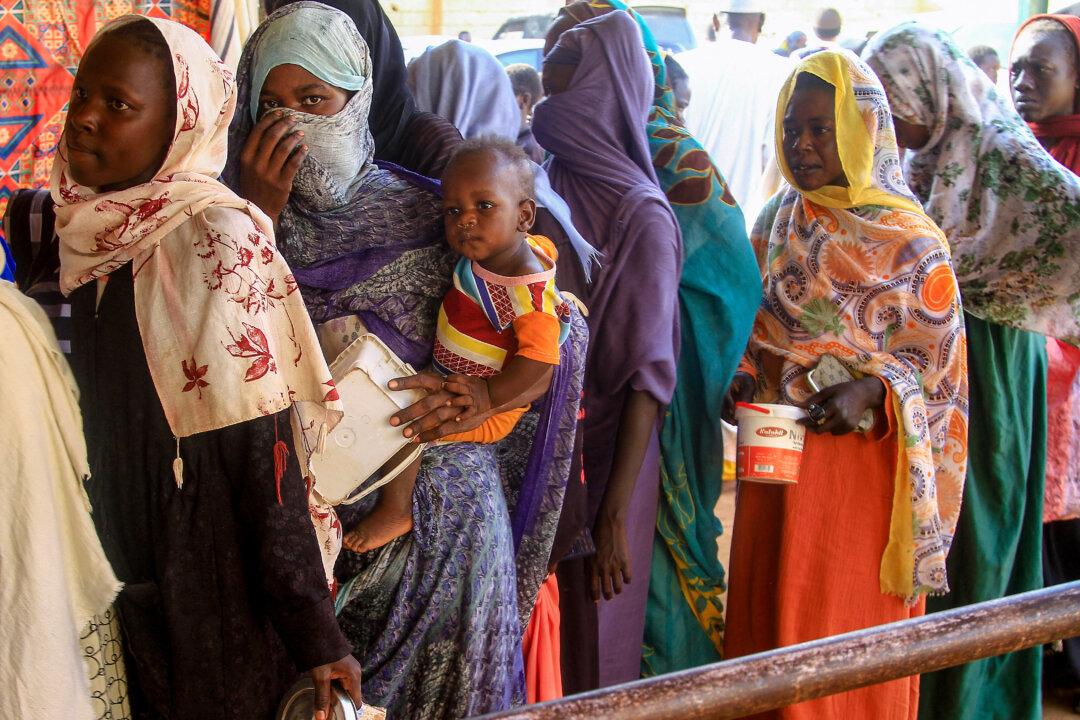Rebel Sudanese paramilitaries have declared a rival government to the armed forces, two years into a war civil war that has ripped the African nation apart.
Rapid Support Forces (RSF) leader Mohamed Hamdan “Hemedti” Dagalo said the group was constructing a “state of law” and not a state ruled by individuals.





